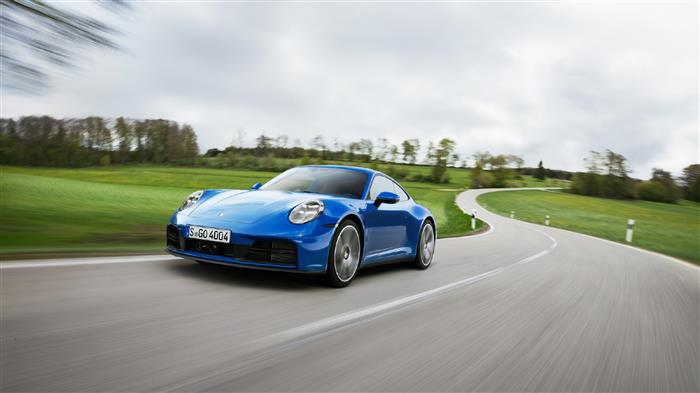On July 17, the Ministry of Finance and the State Administration of Taxation announced that the tax threshold for super luxury cars would be adjusted from a retail price (excluding VAT) of 1.3 million yuan per vehicle to 900,000 yuan. The new policy will include all types of vehicles (including pure electric and fuel cell vehicles) in the consumption tax scope, while second-hand super luxury cars will be exempt from the consumption tax. This policy will come into effect on July 20, 2025. Due to the expanded tax scope, many luxury cars that previously did not require additional consumption tax, such as the BMW 7 Series and Porsche Cayenne, will now fall under this tax regime, particularly those priced between 900,000 to 1.4 million yuan. Additionally, new energy luxury cars like the Yangwang U8 and Zunju S800 will also incur consumption tax. According to the current VAT policy in China, the VAT rate on cars is 13%. After the new regulation is issued, luxury cars priced at 900,000 yuan or more (which includes VAT pricing above 1.017 million yuan) will need to pay an extra 10% consumption tax on the new car price (excluding VAT), amounting to over 90,000 yuan. On the first day of the new regulation announcement, many luxury brand dealerships reported increased customer traffic. Sales personnel noted an unprecedented number of customers looking at cars priced over 1 million yuan during a weekday, with many eager to finalize purchases before the new tax takes effect. For example, at a FAW Audi dealership in Guangzhou, a salesperson remarked on the unusually high turnout of customers interested in high-end vehicles. The Porsche center also noted a surge in customer inquiries following the announcement, with many returning to finalize their purchases. In addition, a BMW dealership advertised urgency for buyers interested in vehicles priced above 1.017 million yuan, encouraging them to finalize deals before July 20 to avoid additional taxes. The new tax regulation will also impact various luxury vehicle configurations that were previously exempt from taxation, leading to potential price increases for buyers. The introduction of this tax regulation marks the first time that new energy luxury vehicles are included in the consumption tax framework. However, it specifies that pure electric and fuel cell luxury cars will only be taxed at the retail level, while imported fuel luxury cars have already been subject to consumption tax at the import stage. This may result in lower tax burdens for new energy luxury vehicles compared to imported fuel vehicles. As many domestic luxury brands release new energy models, they may benefit from advantageous tax policies. Despite the potential for increased costs, some dealerships and sales personnel anticipate that high-end brands will not significantly reduce prices in response to the new tax. Meanwhile, official data shows that sales for brands like BMW, Mercedes-Benz, and Porsche have declined in the Chinese market this year, adding to concerns about the impact of the new tax regulation on future sales. It appears a new round of reshuffling in the luxury automotive market may be on the horizon.
New Consumption Tax on Luxury Cars in China to Take Effect July 20, 2025

Share this post on: